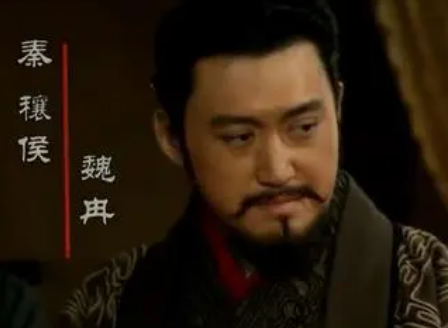In history, there have been many great conquerors who have conquered vast territories with their strong military forces and superb strategic wisdom. Among them, Genghis Khan, the founder of the Mongolian Empire, is undoubtedly the most well-known. His path of conquest spanned across the Eurasian continent, leaving a profound historical imprint.

First, Genghis Khan conquered the Mongolian Plateau. After unifying the various Mongolian tribes, he began to expand towards surrounding areas. In 1207, he began attacking the Xixia dynasty, although he failed to achieve a decisive victory, it accumulated experience for his later conquests.
Next, he turned his sights towards the Jin dynasty. After a five-year-long war, the Jin dynasty was forced to relocate its capital, and the Mongolian Empire successfully occupied the North China region. This not only provided the Mongolian Empire with abundant resources, but also laid the foundation for further expansion.
Then, Genghis Khan turned his target towards the Western Regions. His army moved westward, crossing deserts and mountains, and ultimately arrived in Central Asia. This expedition successfully opened the gateway to Europe.
Finally, he turned his sights towards the southern Khwarazmiah. This war lasted for several years and ended with the destruction of Khwarazmiah. This allowed the Mongolian Empire to control the entire Central Asian region, further expanding its territorial holdings.
In addition to the above-mentioned regions, Genghis Khan also conducted expeditions against Russia, Eastern Europe, and other regions. His military actions changed the historical processes of these regions and also influenced the direction of world history.
Overall, Genghis Khan's path of conquest covered most of Asia and parts of Europe. His military prowess and ruling wisdom allowed him to successfully establish a vast empire spanning across Eurasia. His path of conquest was not only a demonstration of his personal abilities, but also a testament to the powerful strength of the Mongolian Empire.
Disclaimer: The above content is sourced from the internet and the copyright belongs to the original author. If there is any infringement of your original copyright, please inform us and we will delete the relevant content as soon as possible.































